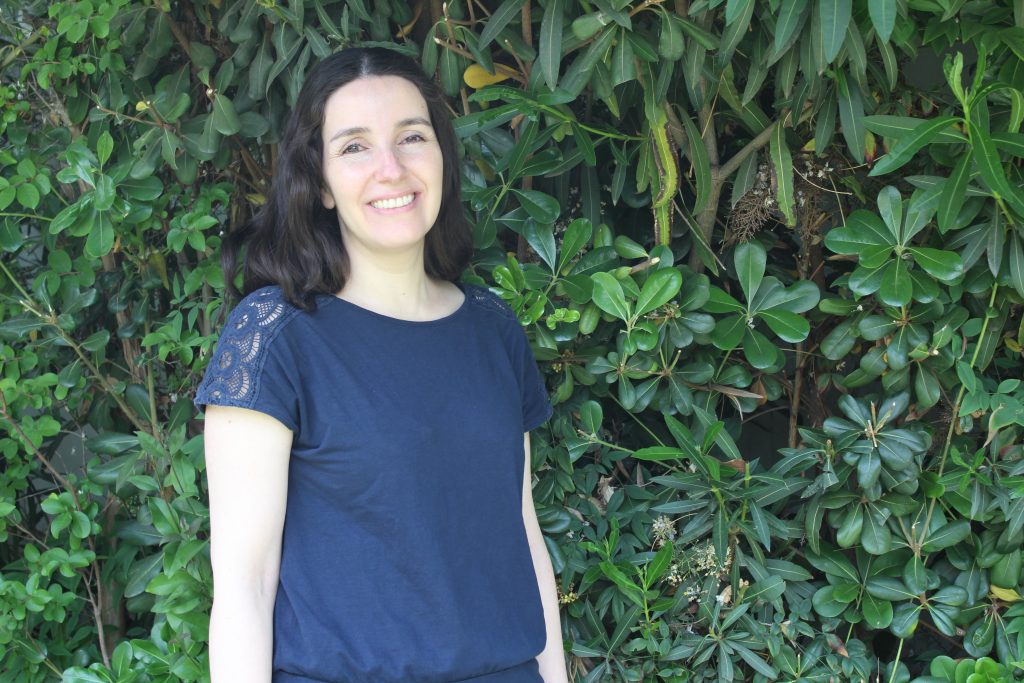Opinion Column: Sustainable Challenges: Key Stakeholders in Recycling and Waste Management
Opinion column written by Ivonne Palma, director of the Sustainability and Circular Economy Area. Over the last decade, the Circular Economy has established itself as the key tool for achieving economically and socially just prosperity through the conscious use of resources without compromising the future of our planet. While many businesses and governments have embraced […]

Opinion column written by Ivonne Palma, director of the Sustainability and Circular Economy Area.
Over the last decade, the Circular Economy has established itself as the key tool for achieving economically and socially just prosperity through the conscious use of resources without compromising the future of our planet. While many businesses and governments have embraced this increasingly popular trend to address environmental issues and strengthen resilience to climate change, they quickly realised that the technical skills, training and knowledge needed to implement it were in short supply.
The transition to a circular business model or a government plan that promotes the circular economy requires specific communication skills, advanced technical knowledge, practical experience and a deep understanding of the territory, since, for example, the circular economy must be implemented at the local level to minimise the environmental impact caused by transport. According to a study led by Circle Economy, a circular economy job requires, on average, three years more practical experience than other occupations.
Considering these aspects, it is of utmost importance to preserve trades that have accumulated unique experiences over the years, such as grassroots waste pickers and MSMEs, whose main purpose is prevention, repair or reuse. These actors possess practical skills acquired through years of experience working in repair, recycling, collection and innovation with waste in complex territories. These skills are increasingly scarce in developed countries, such as in Europe, where it is difficult to find experienced remediation staff, according to a 2022 report by the European Environment Agency (EEA) Activity Circular Economy and Resource Use. Although Europe has successfully developed a highly technological recycling industry, the current trend is towards material circularisation practices with a lower environmental impact, such as reuse and repair, where they face a lack of trained personnel.
The reputational level that MSMEs possess, recognised as the most prominent among types of organisations in Chile according to the IPSOS assessment in 2022, gives them the capacity to play a crucial role in the resolution of controversial problems. An example of this is inappropriate waste management, where public distrust towards local authorities or large companies prevails in relation to the final destination of waste destined for recovery.
In addition, the remarkable entrepreneurial capacity of MSMEs, derived from the flexibility of their processes and a deep knowledge of the local market, constitutes a significant advantage. This enables them to address waste management issues in a concrete and locally adapted manner.
For more than 30 years, the Eurochile Business Foundation has focused its support on MSMEs, contributing to the development of the country. Its mission has been to promote commercial and technological exchange between small and medium-sized enterprises (SMEs) in Chile and the European Union, acting as a facilitator in the internationalisation process. The Foundation implements projects throughout Chile with the aim of generating a significant impact from the territories.
Eurochile stands out as a pioneer in the circular economy, a topic in full development in the European Union. The Foundation chose to incorporate this perspective into its processes in order to enrich MSMEs with the European experience. Currently, it continues to support MSMEs, considering them as transformative agents of society, through the transfer, application and implementation of knowledge to contribute to the construction of circular business models to lead the transition towards a circular economy that contributes to the sustainable development of the country and the planet.
Currently, the Eurochile Business Foundation is carrying out several projects in the Province of Osorno, among which the programme “Strengthening Recycling and Circular Economy” stands out. This project, focused on Recycling and Waste Management, is financed by the Regional Government of Los Lagos through the National Regional Development Fund (FNDR). The main objective is to “Mitigate the negative impact of improper waste disposal at both household and small industry level” by transferring knowledge and building local leadership in small industry and citizens to collaboratively solve the local problem of waste generation.
